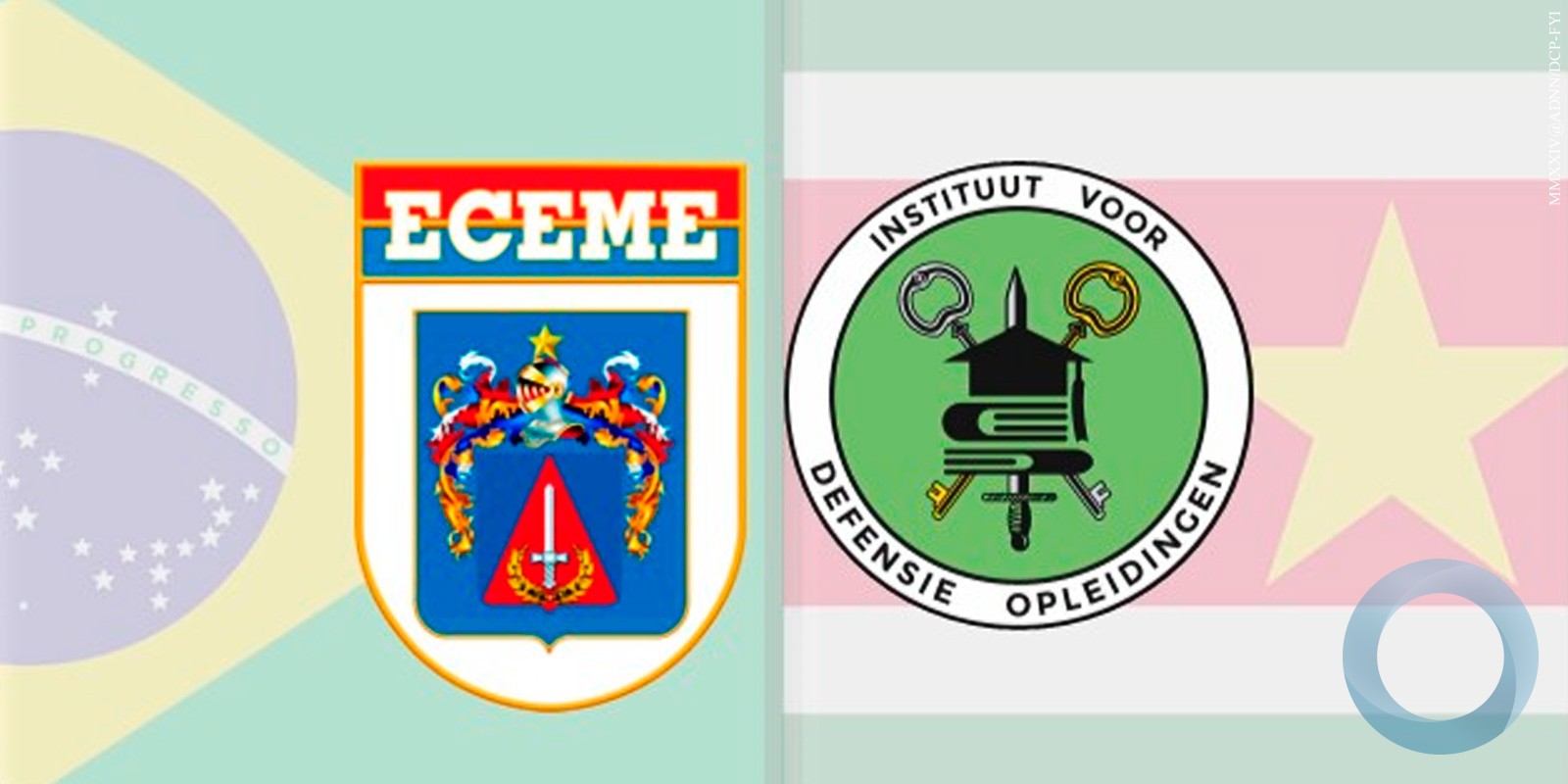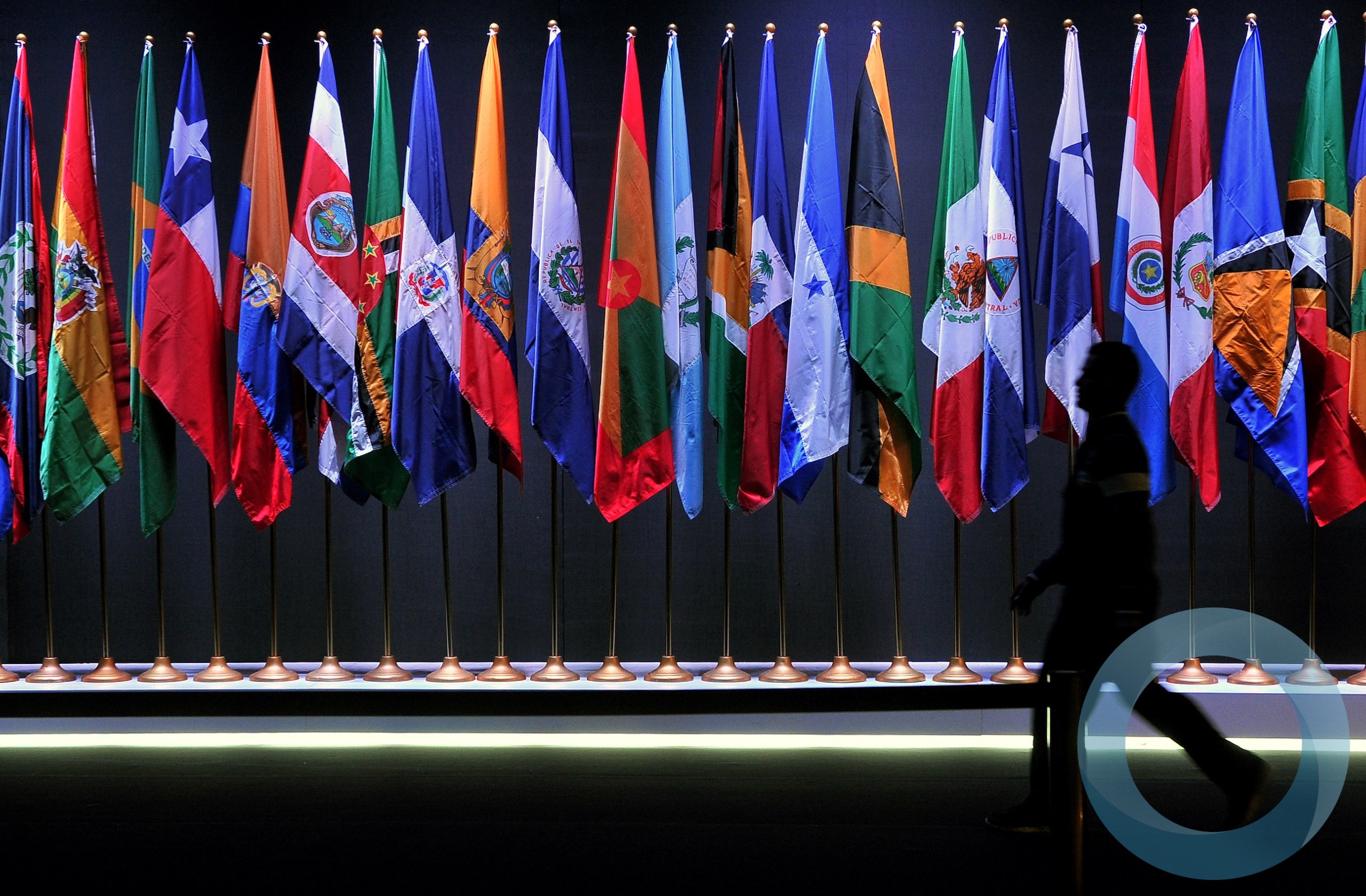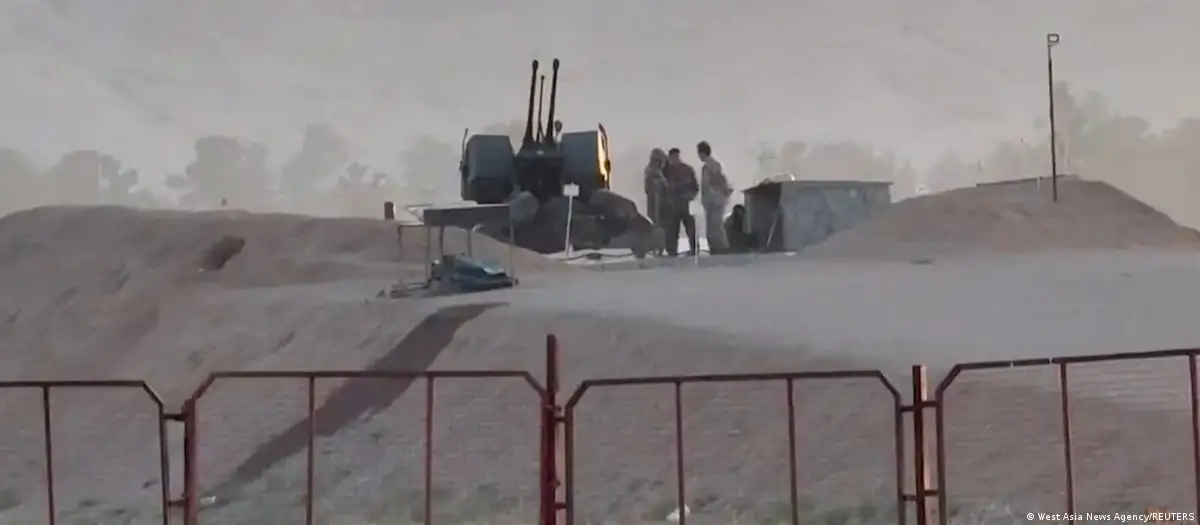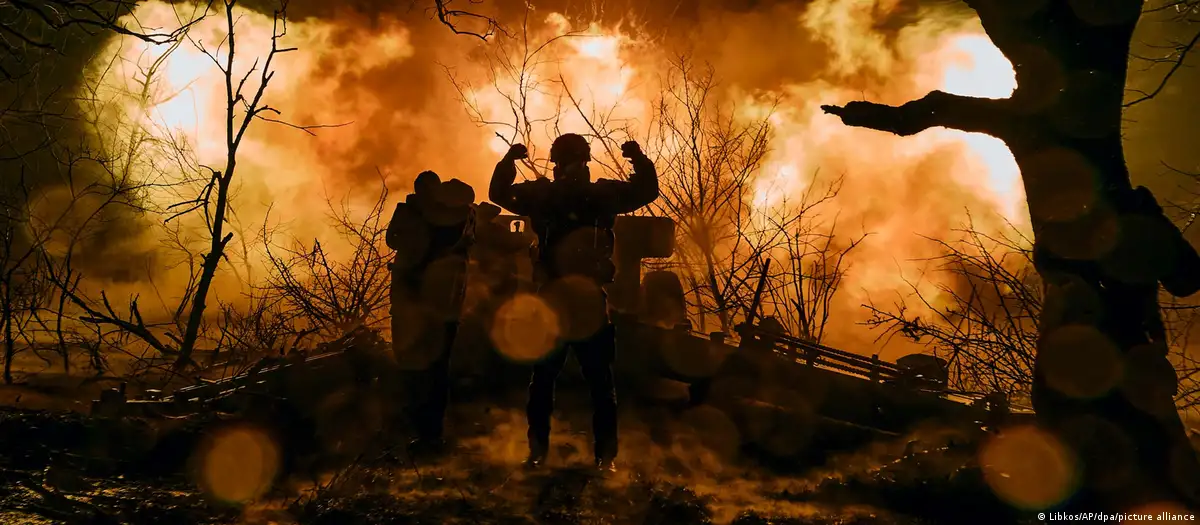Stop Enslavement of Venezuelan Refugees in Brazil
Published 08 May 2018
Spanish version
Debemos detener la esclavitud de venezolanos en Brasil
Published in Opinion Section
New York Times
09 May 2018
Article Link at NY Times
Stop Enslavement of Venezuelan Refugees in Brazil Link
Chris Feliciano Arnold
Mr. Arnold is a freelance journalist
Writer “The Third Bank of the River: Power and Survival in the Twenty-First-Century Amazon”.
8 May 2018
RORAIMA, Brazil — For thousands of Venezuelan refugees in Brazil, the road to relief runs through an isolated state where ranchers, miners and traffickers exploit desperate migrants in conditions akin to slavery. Brazilian officials who look the other way can make no claim to be battling corruption and impunity.
Since 2017, the political crisis, the humanitarian crisis and hyperinflation in Venezuela have spurred an exodus of historic proportions. More than four million Venezuelans have fled the country, seeking relief from food and medicine shortages under the oppressive rule of Nicolás Maduro. For the Venezuelans escaping to Brazil — more than 50,000 so far — there is usually only one way in: the BR-174 highway, a desolate, 600-mile road that cuts through some of the most remote territory in South America, where profiteers trump the rule of law.
During a pivotal election season, the chaos in the borderlands mirrors turmoil nationwide. After years of economic malaise, corruption investigations and security breakdowns, many Brazilians crave stability, law and order. Welcoming thousands of Venezuelans checks none of those boxes. At least 10 Venezuelans have been rescued from slavery in the past year. Yet the abuse of refugees at the hands of powerful businessmen and landowners is but another stunning example of how crime pays in Brazil.
The country deserves leaders who will act swiftly to protect the vulnerable from exploitation and restore Brazil’s credibility in the region — not use the crisis to stoke xenophobia and nationalism.
That will require interagency cooperation at every level of government at a time of intense polarization. In February, Brazil’s federal government declared a state of emergency on the border, allowing Venezuelans to sidestep the byzantine asylum process and seek two-year stay permits granting access to social benefits and work permits. Now the military and civil society are scrambling to control the flow of migration and help refugees avoid homelessness, hunger and disease.
Brazilian armed forces have doubled their presence on the northern border, beginning in Pacaraima, a frontier town of 12,000 and waypoint for more than 800 Venezuelans crossing daily by bus, car, bicycle and even on foot.
On a recent day, Alvaro Jose Cerven Morales, a 35-year-old electrical engineer from Ciudad Bolívar, stood in the shade of a tree near the border with his wife, Eylín, an industrial engineer, holding their 1-year-old son.
“I have confidence we’ll find work,” Mr. Morales said, patting his son’s arm. “It will be hard, but we have to make a better life for him.”
For Mr. Morales and his family, the next stop is Boa Vista, 125 miles south, the capital of Roraima state, a city of more than 300,000 that has become a checkpoint for tens of thousands of refugees who now make up more than 10 percent of the population. For months, they have been camping in malaria-stricken plazas and abandoned buildings, and on the streets. Rawboned men, women and children swarm traffic at red lights, selling snacks or cleaning windshields for spare coins.
The Brazilian armed forces are racing to open shelters and fly refugees to other states in concert with the United Nations Refugee Agency, ushering pregnant women and children off the streets while helping others secure residency and working papers. Yet as quickly as new shelters open, new waves of migrants flood public spaces where hundreds of teachers, engineers, mechanics, ex-soldiers and their children have been camping for weeks in unsanitary conditions, waiting to relocate.
They could be waiting months. Brazil’s immigration and refugee policies are welcoming in spirit, but not always in practice. The country greeted more than 85,000 Haitians after the 2010 earthquake. In 2017, new immigration legislation emphasized human rights, family reunification and access to social programs.
Yet many of those new provisions were rolled back even as the economic collapse in Venezuela quickened. The current migration and asylum systems in Brazil are tangled with bureaucratic knots and complicated by poor record-keeping.
“I see men leave here at six in the morning, work 12 hours and come back with nothing,” said Donaldo Chávez, 50, a teacher who had been sleeping in Simon Bolívar Plaza for weeks.
The miserable conditions are ripe for labor exploitation. In Boa Vista, the Federal Police have investigated numerous reports of women forced to provide sex for food or shelter. Bosses from remote fazendas— large ranches — scout the camps, making false promises about room, board and wages to abscond with laborers to farms and mines along BR-174 and in other states in the Brazilian Amazon.
“It is extremely worrying,” said Isabel Marquez, a representative of the United Nations Refugee Agency. “Some come back at the end of the week. Some come back at the end of the month. Some of them are paid. Some of them not paid.”
A man rescued in February reported having water and electricity costs deducted from his wages. When he asked to leave, the employer said his work wasn’t finished. The police discovered him when the boss was arrested on a manslaughter charge.
Brazil’s National Task Force for the Eradication of Slave Labor promises more inspection and rescue efforts, but the flow of migrants is only swelling in anticipation of Mr. Maduro’s snap election on May 20.
The Brazilian government and its international partners must take three immediate steps to tackle the crisis head-on.
First, escalate the multiagency effort on the border at Pacaraima by dispatching more immigration brigades and social workers to process permits and educate incoming Venezuelans about their labor rights in Brazil. Migrants must be warned against employers offering food or shelter.
Second, mobilize additional highway patrol units and labor inspectors to monitor traffic and working conditions along BR-174.


Last, federal, state and local governments must coordinate to hasten the “interiorization” of refugees from under-resourced Roraima to other Brazilian regions. This will be politically toxic when other strapped communities are loath to welcome their Venezuelan neighbors. But given Brazil’s recent stumble from the world spotlight, the largest migration event in Latin American history is an opportunity for the country to reaffirm its regional leadership and its commitment to improving its human rights record.
If Brazil hopes to rise from the ashes, it must bring justice to all who profit from the scourge of slave labor. An electorate in the throes of an existential crisis should cheer candidates willing to hold criminals accountable in any context, whether in boardrooms, Congress or fazendas.
Note DefesaNet
New York Times is a dubious article. Includes also strong presence of the leftist an revolutionary Ministério Público Federal (MPF), on its efforts to deseestabilize de Btrazilian Government.
Includes also serious, Venezuelan researcher Rocio San Miguel (@rociosanmiguel), gives support to this dubious article. Appears that follow Castrochavismo and Bolivarian movements to change part of responsability of incredible Venezuelan crisis to Brazil.
Debemos detener la esclavitud de venezolanos en Brasil. El drama de los migrantes que huyen de Venezuela https://t.co/qVsoIp4ajB
— Rocío San Miguel (@rociosanmiguel) 12 de maio de 2018
Absolutelly nonsense.
O Editor
































